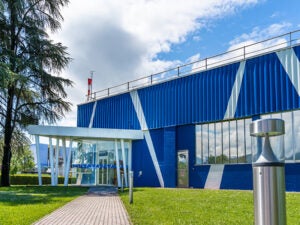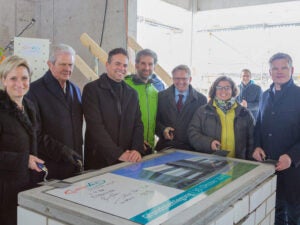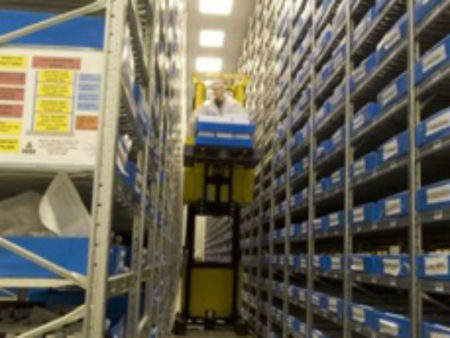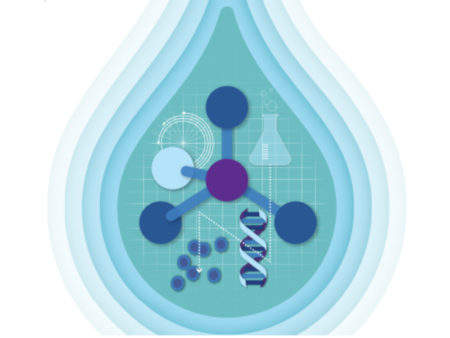Catalent Biologics and Cerenis Therapeutics Announce Phase III Trial of CER-001 in Europe and North America
Catalent Pharma Solutions has announced that Cerenis Therapeutics has advanced its leading clinical candidate, CER-001, into Phase III clinical studies across Europe and North America.
The Phase III TANGO trial was initiated in October 2015 to evaluate efficacy to regress atherosclerosis, and safety of CER-001 in patients with Familial Primary Hypoalph Alipoproteinemia (FPHA).
Cerenis Therapeutics’ CER-001 candidate is an engineered complex of recombinant human apoA-I, a major structural protein of high-density lipoprotein (HDL) and phospholipids.
The development of CER-001 has leveraged Catalent’s proprietary GPEx technology, which creates stable, high-yielding mammalian cell lines with high speed and efficiency.
Benefits of applying GPEx technology include early feasibility studies, clinical manufacturing and commercial scale production.
To date, six GPEx based antibody and protein products are approved and marketed and 34 therapeutic candidates are currently in the clinic worldwide.
The TANGO trial is a multicenter, randomised, 48-week, double-blind, parallel-group, placebo-controlled study involving thirty patients from several sites across Europe, Canada, the US and other countries based on availability of patients with this rare orphan disease.
Cerenis founder Dr Jean-Louis Dasseux said: "The partnership established with Catalent Biologics has empowered us to resolve a 30 year challenge: the production of a commercially viable HDL mimetic, by generating a proprietary CHO cell line with a high apoA-I expression via secretion, meeting the demanding quality standards we require for our clinical study drugs.
"The Phase III TANGO trial will fully benefit from GPEx technology and we are convinced its application to the production of CER-001 batches will ensure better product safety and product quality.
"These features are particularly encouraging with regards to CER-001’s filing for future market approval expected in 2018."
Catalent Biologics vice-president Mike Riley said: "GPEx technology was designed to offer clients and partners advantages over conventional cell line engineering systems, including increased flexibility and higher, more stable yields.
"We are pleased to have worked with Cerenis to help advance their life-changing therapy into Phase III studies, and this represents another key milestone for our GPEx platform as an enabling technology."
Catalent performs GPEx programmes at its state-of-the-art biomanufacturing facility in Madison, WI, which was completed in June 2013.
Designed for flexible cGMP production from 10l up to 1,000l, and non-GMP production of up to 250l, the site features extensive single-use technologies and unidirectional flow to maximise efficiency and safety.







